Despite the looming 2035 EU-ban on combustion engine sales, and heavy investment in its future EV portfolio, the German giant has announced a reprieve for its existing ICE line-up. Citing a lack of demand for EV derivatives, the 911, Panamera and Cayenne will all survive with combustion versions planned ‘well into the 2030s’ – including direct successors.
Central to the re-think is the fate of the forthcoming electric SUV flagship. Known internally as K1, the new seven seater will sit above the Cayenne and has been designed primarily for US and Chinese markets. Now however, the platform will be re-engineered to adopt ICE and hybrid powertrains – more than two and a half years into its development.
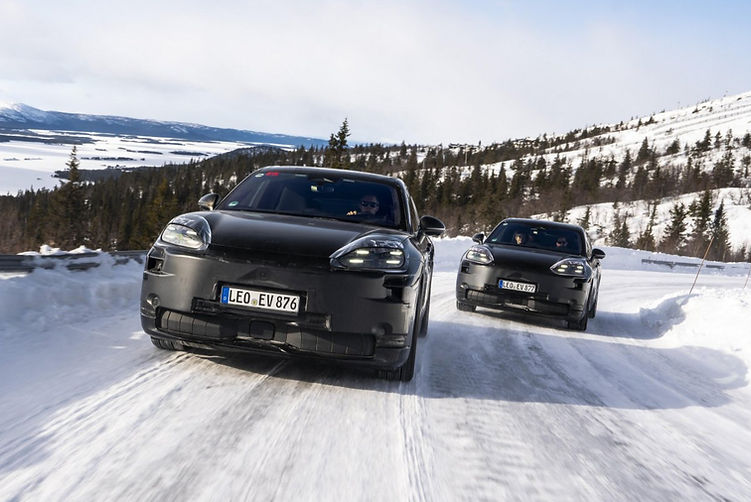
The move has wider-reaching implications within the Volkswagen Group, with Bentley set to be a recipient of the new platform. Further afield, Audi Sport has also shelved plans to make an all-electric RS6.
Beyond product strategy, Porsche is also scaling back its investment in its in-house battery production, redirecting resources to external suppliers.
The financial impact of the U-turn is significant: Porsche expects to absorb €3.1 billion in one-off costs this year alone, including €1.8 billion in depreciation. Operating return on sales is now forecast at just two percent – a huge fall for a company that achieved an 18 percent return on sales in 2022 and 2023. As a result, Porsche’s EBITDA margin – a snapshot of a company's profitability – has halved from the 25.7 percent posted in 2023.
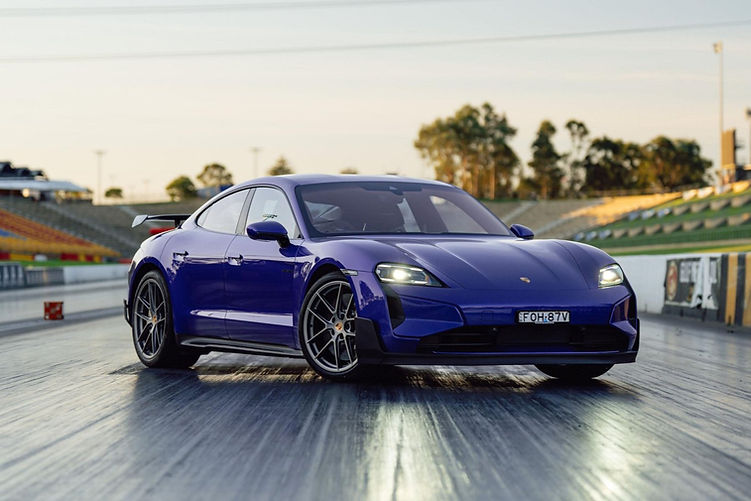
The turmoil has been reflected in the boardroom at Zuffenhausen. R&D head Dr Michael Steiner has been promoted to Deputy Chairman, placing Porsche’s product strategy under the guidance of its longest-serving R&D chief. Alongside Steiner, there have been new board-level appointments in procurement, HR and sales in 2025 alone. In spite of the reshuffle, the brand remains committed to its “value over volume” model.
This shift in stance is as much about pragmatism as posturing. Porsche has been stung by the Taycan’s steep depreciation and slower-than-expected uptake, while in Q1 2025, deliveries in China fell 42 percent year-on-year. Globally, EVs made up just 26 percent of the brand’s volume, despite an expanded model range.
While this news will be welcomed by enthusiasts, it underscores the increasingly fragile outlook for European carmakers. The decision to delay EV platforms, extend ICE model cycles and recalibrate battery investments signals Porsche is willing to endure a painful short-term loss for long-term stability. Other manufacturers will be watching closely – and pressure on Brussels’ 2035 deadline can only intensify as a result.
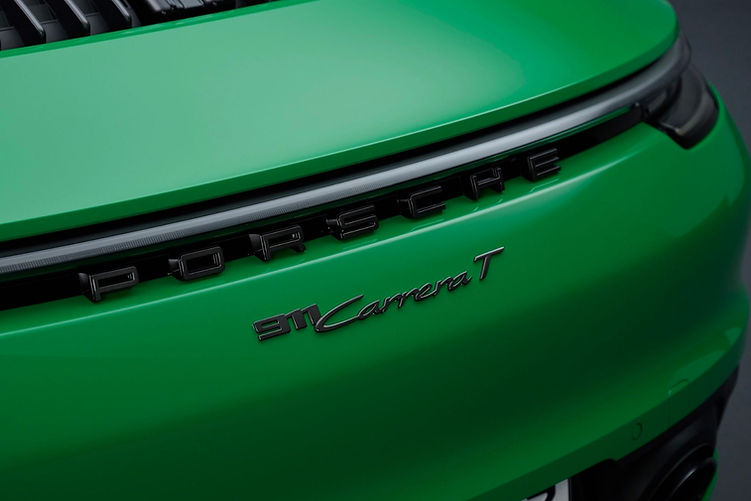
-01.svg)
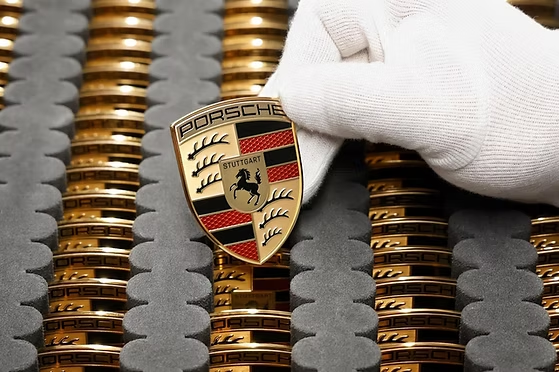

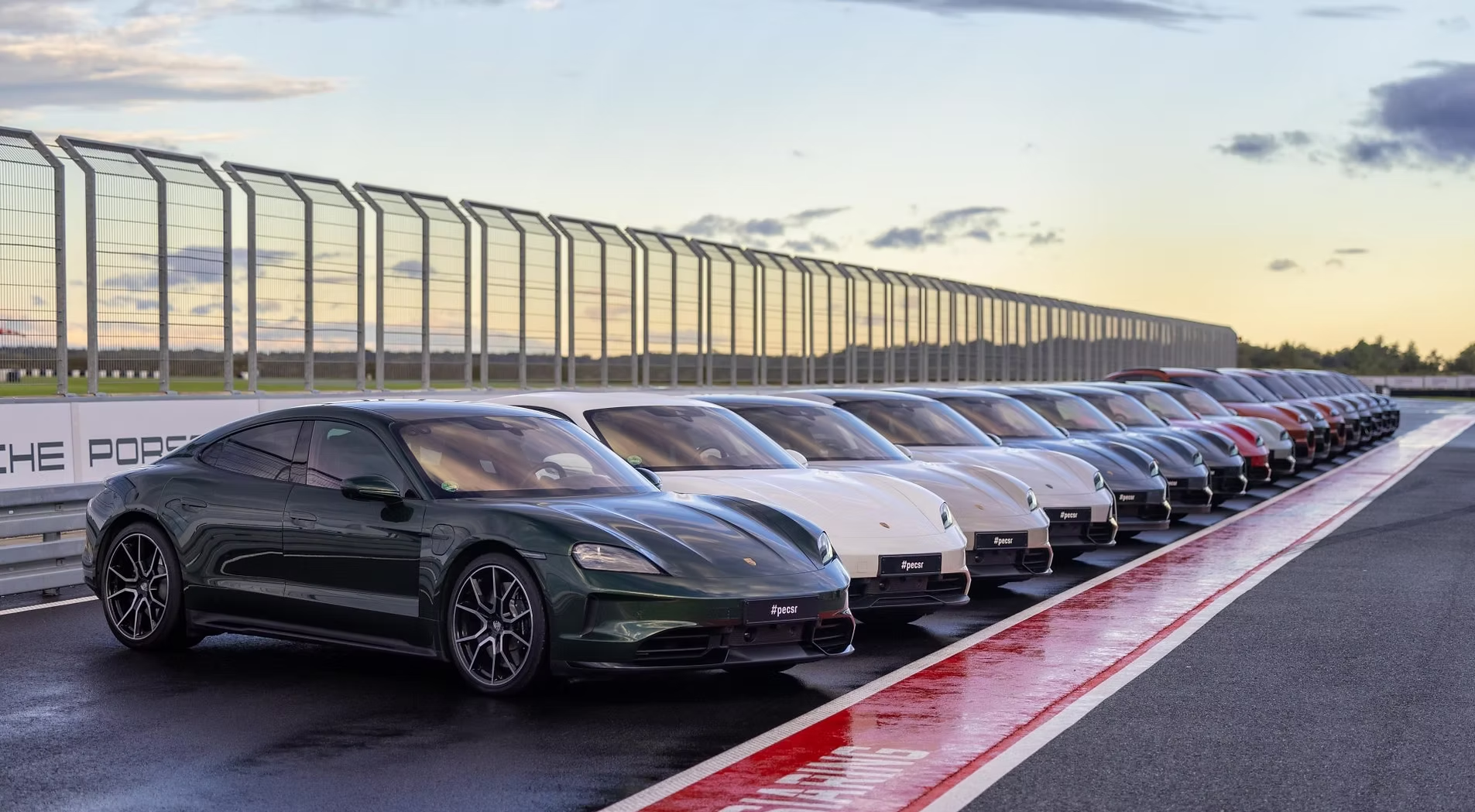



.svg)

